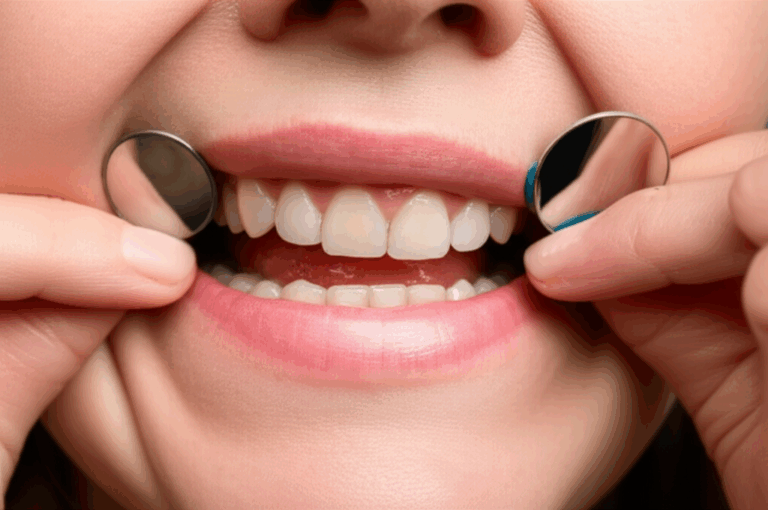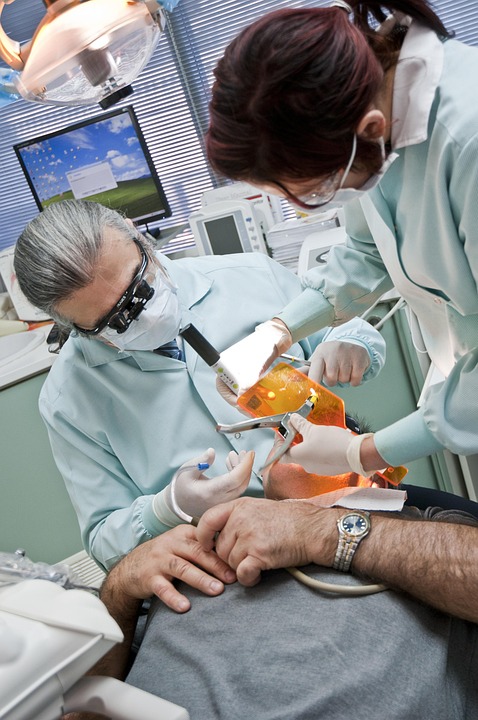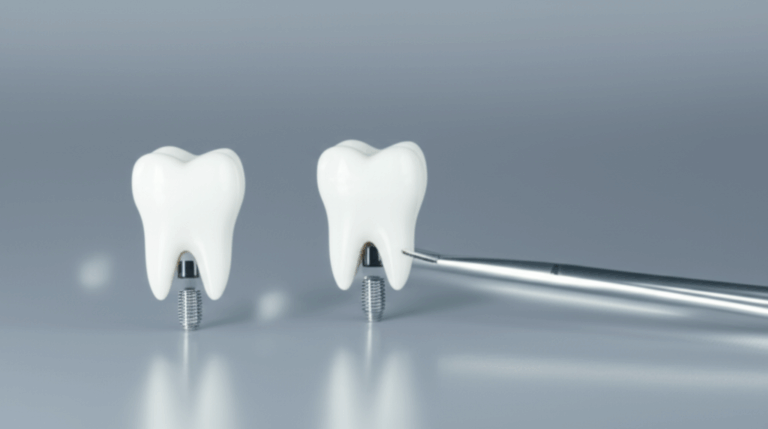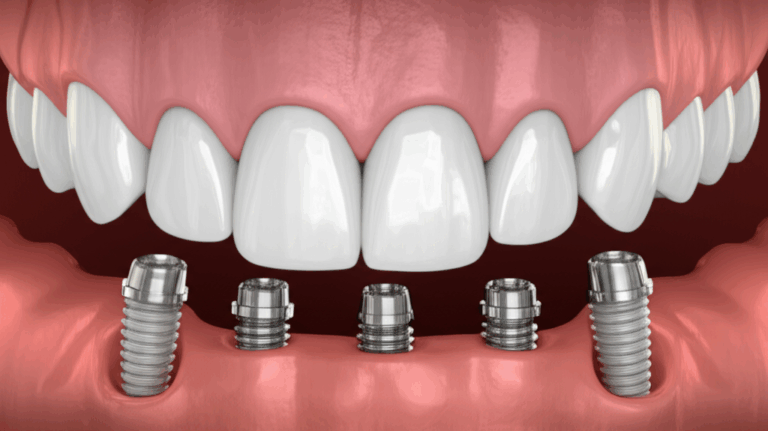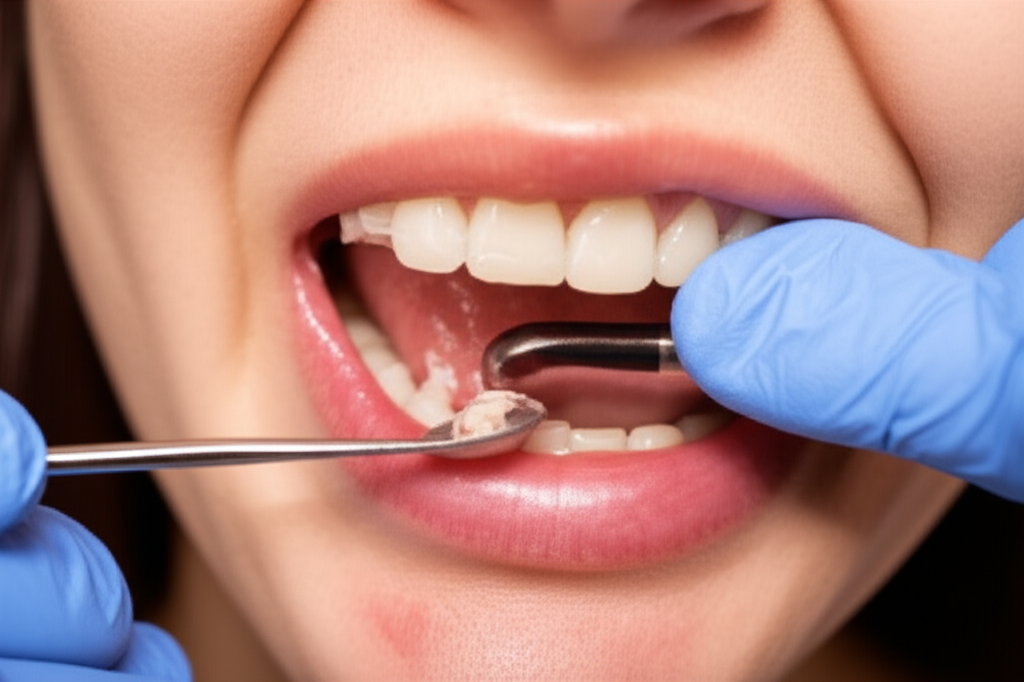
What Are the Most Common Dental Problems? Your Guide to Oral Health Issues
Taking you inside my own ups and downs with dental problems, this easy-to-understand guide looks at what they are, why they happen, how to spot them, and – after lots of mistakes – how you can stop them from messing up your smile and your health.
Introduction
If you’re like me, you probably never thought much about your teeth until something started hurting. For years, taking care of my teeth was just another thing on my list – brushing, sometimes flossing, and hoping it would be enough. I wish someone had told me earlier that skipping some basics could lead me straight to cavities, sore gums, tooth sensitivity, and a few nerve-racking trips to the dentist. What I’ve learned – sometimes the hard way – is that most dental problems are really common, but you don’t have to get them. Here’s a simple look at the dental issues people have most, what causes them, and how you can avoid a mouth full of regret.
Table of Contents
- The Top 7 Most Common Dental Problems
- Why Dental Problems Happen
- How to Keep Your Teeth and Gums Healthy
- When to Go to the Dentist: Warning Signs
- Conclusion: Small Habits, Big Changes for Your Teeth
The Top 7 Most Common Dental Problems
From my own story and the advice of dental experts everywhere, these are the dental problems that show up all the time in people’s mouths – including mine. I found out I was far from alone! Here’s what they are, and what I did about them.
1. Tooth Decay (Cavities)
#### What it is
Finding out I had a cavity at the dentist was a nasty surprise. Cavities happen when your tooth’s tough outside shell gets worn down by acid and germs. I used to think they showed up overnight, but really, they build up little by little.
#### Causes
- Sweets, candy, and soda aren’t just extra calories – the germs in your mouth love them.
- If you skip cleaning (which I did sometimes), sticky plaque builds up and turns sugar into acid.
- A dry mouth (not enough spit), whether from not drinking water or taking medicine, makes things even worse.
#### Symptoms
- Sometimes you don’t feel anything at first.
- Then, maybe little zaps of pain or sensitivity to hot, cold, or sweet stuff.
- If it keeps going: holes you can see, brown or black spots, or a real toothache.
#### How I Handled It
My dentist cleaned out my cavity and filled it in, but what I really learned was that if I don’t brush and floss every day, or use fluoride toothpaste or mouthwash, I’d just keep getting more. That filling is staying put, and so are my new habits.
#### Prevention
Brushing morning and night, flossing every day, and keeping sugar to a minimum (as much as I can) work. For more on keeping your teeth healthy, check out teeth health.
2. Gum Disease (Gingivitis & Periodontitis)
#### What it is
Gum disease crept up on me. One day my gums were fine, and then suddenly they started bleeding when I brushed. It starts with gingivitis (which is mild and fixable), but if you ignore it, like I did, you can wind up with periodontitis, which means you start to lose the bone and gums that hold your teeth.
#### Causes
- Not brushing well lets plaque stick around and upset your gums.
- Smoking and family history can make it worse.
- Skipping dentist visits gives it more time to sneak up.
#### Symptoms
- Puffy, red, or bleeding gums (they shouldn’t bleed from brushing!).
- If it gets worse: gums pull away from the teeth, loose teeth, bad breath that won’t go away.
#### Treatment
A deep cleaning at the dentist and following instructions saved my gums when things were still early. If you put it off, it could mean bigger treatments or even surgery.
#### Prevention
Now I never miss a dentist visit and I floss as if my teeth depend on it – because they do. Want fewer problems? Keep up with the basics.
3. Bad Breath (Halitosis)
#### What it is
Is there anything more embarrassing than someone offering you gum right after you’ve brushed? Bad breath isn’t always just because of what you ate – in my case, it was a hint that something else was wrong.
#### Causes
- Old bits of food stuck between your teeth, especially if you never floss.
- Gum disease or a dry mouth.
- Ongoing illnesses, like sinus trouble or diabetes.
#### Red Flags
- If breath still smells bad after brushing and using mouthwash, something bigger might be going on.
#### My Solution
I started drinking more water, cleaning my tongue, and clearing up my gum problems first. Good daily care (plus going to a dentist if it won’t go away) is the key.
4. Sensitive Teeth
#### What it is
Ever get a quick pain from drinking something cold, or biting into ice cream? That’s sensitive teeth – I tried to ignore it, but it just got worse.
#### Causes
- Worn down enamel from brushing too hard.
- Gums pulling back to show the roots.
- Cavities or cracks.
#### Triggers
- Hot, cold, sweet, or sour foods and drinks.
- Cold air.
#### How I Dealt With It
Swapping to a soft toothbrush and toothpaste made for sensitive teeth helped a lot. Sometimes, the dentist can use special stuff to help. The most important thing was treating the cause, so it didn’t come back.
#### Prevention
Brush gently, and don’t ignore the pain. If your teeth get sensitive, it’s time for a visit to the dentist.
5. Oral Cancer
#### What it is
I never thought about mouth cancer until a friend scared me with a sore that didn’t heal. Oral cancer can affect your lips, tongue, cheeks, roof or floor of mouth, and your throat. It’s not just a smoker’s disease – anyone can get it.
#### Major Risk Factors
- Using tobacco in any way.
- Drinking too much alcohol.
- HPV infections.
- Too much sun, especially for your lips.
#### Early Warning Signs
- Sores in your mouth that won’t get better.
- Red or white spots.
- Lumps, numb areas.
- Trouble swallowing.
#### Why This Matters
Finding it early can save your life; putting it off makes a big difference. Getting checked by your dentist is a must.
6. Dry Mouth (Xerostomia)
#### What it is
I used to take having enough spit for granted – until I didn’t. Having a dry mouth can make eating or talking hard.
#### Main Causes
- Side effects from medicine (allergy pills got me).
- Health problems, like diabetes or certain conditions (like Sjogren’s).
- Radiation around the head or neck.
- Not drinking enough water.
#### Symptoms and Risks
- Sticky or dry feeling in your mouth.
- Trouble chewing, swallowing, or talking.
- More cavities, mouth infections, sore throat.
#### How I Managed
Drinking more water helped, but my dentist said to chew sugar-free gum and stay away from caffeine and booze, which dry you out more. Some people need special sprays if it’s really bad.
7. Bruxism (Teeth Grinding/Clenching)
#### What it is
I had no idea I was grinding my teeth at night until my dentist pointed out worn-down teeth and small cracks. Grinding or clenching your teeth (usually in your sleep) is more common than you think.
#### Root Causes
- Stress or being anxious.
- Teeth not lining up right or being crooked.
- Trouble sleeping.
#### Common Symptoms
- Flat or worn tooth surfaces.
- Sore jaw or headaches.
- Breaking or cracking teeth.
#### Lasting Effects
- Teeth damage that can mean more dentist visits.
- Jaw pain or problems with the joint (TMJ).
#### My Fix
A specially made mouth guard for sleeping, less stress, and fixing my bite were what finally helped. If you think you might be grinding, ask your dentist before it turns into bad damage.
Why Dental Problems Happen
I used to blame bad luck, but it’s not that simple. Dental issues usually have a reason. Here’s what I picked up from my own mistakes and learning:
- Not Cleaning Well: If you let sticky plaque build up, germs have a field day. After being too lazy with brushing, my first real cleaning showed me just how much stuff I’d missed.
- Too Much Sugar: Snacking on sweet stuff feeds bacteria that hurt your teeth. Eating less of it made a big difference.
- Smoking & Drinking: I’ve seen friends’ teeth and gums get a lot worse from these habits, and it raises your risk of gum disease and mouth cancer.
- Family & Health Issues: Some stuff, like your parents’ teeth or other health issues, you can’t choose. Knowing my own risks made me more careful.
You can learn more about how food and smoking mess with your teeth in this dental care guide.
How to Keep Your Teeth and Gums Healthy
The biggest lesson I learned? Stopping problems before they start is way easier than fixing them. You don’t need fancy stuff – just stick to the basics.
Best Brushing and Flossing
Brush twice a day and floss every day. I use a soft brush, and when I switched to an electric one (my dental hygienist’s tip), it felt like a game changer.
Regular Dentist Visits
Even if your teeth feel fine, little problems can start. Getting teeth cleaned by a pro twice a year caught problems early – which saved me time, money, and pain.
Eating the Right Foods
Cutting back on junk food and eating more fruits and veggies helps more than you think. Even changing my snacks made things better.
Stay Away from Tobacco and Too Much Booze
I’ve never smoked, but when my friends quit, their teeth and gums looked so much better. You can’t brush away the damage from smoking, and too much alcohol dries your mouth and can cause cancer.
Other Tips
- Use fluoride toothpaste or rinse.
- Rinse after eating something sweet or acidic, but don’t brush right away.
- If you grind your teeth, check out a night guard dental lab for a custom one.
- If you wear things like retainers, make sure they’re made at a good digital dental lab – it really matters for comfort.
When to Go to the Dentist: Warning Signs
I ignored small things until they turned into big problems. Don’t do what I did – look out for these signs:
- Tooth pain that sticks around, or extra sensitivity.
- Bleeding, swollen, or shrinking gums that don’t get better when you brush.
- Bad breath that just won’t go away.
- Sores or bumps that don’t heal in a week or two.
- Any trouble chewing or swallowing.
- Any new lumps, weird-colored patches, or other changes.
If you see any of these, make a dentist appointment right away. The sooner you go, the easier (and cheaper) it is to fix.
Conclusion: Small Habits, Big Changes for Your Teeth
After years of messing up and learning the hard way, I can say that almost every dental problem can be stopped – or at least caught early – if you just do a little bit every day. Having a healthy mouth isn’t just about looking good – it’s about feeling good and staying healthy overall.
If you remember anything from what I went through, let it be this: brushing, flossing, and seeing the dentist regularly are worth the effort. Don’t let your mouth be an afterthought – make it part of your daily routine! If you want even more info on how your mouth connects to your health, this teeth information is super helpful.
So, next time you grab your toothbrush or floss, remember: you’re not just keeping away cavities – you’re taking care of one of the most important parts of your health. I hope my simple story helps you keep your teeth and gums trouble-free, one easy step at a time.

